8 "Self-Help" Books That Don't Suck
And why "self-help" is in quotes
Self-help is a multi-billion-dollar industry because millions of vulnerable, desperate people worldwide simply want to feel better.
Can we blame them? They’ve been raised on inferiority and shame in a culture that overvalues productivity and material wealth, and told that all of their problems are their own fault. In walks a book with an aggressive title, promising to change their life for the low price of a $28 hardcover.
After the book is purchased and read, the reader often gets a temporary high from its oversimplistic, blind affirmations. Just reading the book was another form of avoidance. It made them feel better temporarily, even if they went on to make zero life changes in the future.
That’s because many self-help books are full of fluff that produces good feelings that are encouraging in the moment, but are ultimately fleeting. At best, these books are distracting placebos with messages that oversimplify life’s problems. At worst, they’re complete nonsense written by an unqualified person who will gaslight you for 250 pages or more. As David Letterman said in a sketch for The Late Show: “And now Dr. Phil’s latest book, Here’s Some More Advice I Pulled Out of My Ass.”
There’s a lot more I could say about the self-help book genre and industry as a whole, but I’m here to recommend books, and I’ve found that not all books categorized as “self-help” fit the stereotype of fluff-filled garbage.
I’ve been the person desperately seeking answers and a quick life fix, so I’ve been burned by plenty of these books. But a few stuck with me and proved to defy the negative associations of their “self-help” label. Here they are, plus why I thought they were different:
1. Atomic Habits: An Easy & Proven Way to Build Good Habits & Break Bad Ones
Because I’m not afraid of any of you, I’m going to start with one of the most popular, beloved, and widely criticized books in the genre. I read Atomic Habits in 2020, and from what I remember, it was self-help that was actually helpful because it’s practical.
The author doesn’t spend time beating up the reader for being “lazy” or selling productivity snake oil, but instead focuses on the value of small, incremental efforts in habit formation. The book doesn’t drag on for much longer than it needs to. It recommends simple ways to stack positive habits using methods that apply broadly—not because they’re shallow, but because what it takes to build a habit doesn’t vary extensively from one person to the next (except for cases of neurodivergence and such, which come up later in this list).
2. The Good Enough Job: Reclaiming Life from Work
As someone who writes for a living and for fun, and who has worked in industries like nonprofit and ministry where your identity is closely tied to your job, The Good Enough Job invited me to reframe how I view work.
The advice in this book isn’t based on vibes, but on reporting and interviews with people who have learned the “I am not my job” lessons and walked the walk.
3. Anti-Diet: Reclaim Your Time, Money, Well-Being, and Happiness Through Intuitive Eating
Diet culture is sneaky, despite how ineffective dieting has proven to be for most people. Anti-Diet explores the history of diet culture and how it often masquerades as “wellness” and fitness.
The author—a registered dietician!—draws on scientific research and her experiences with patients to explain how people can improve their health without obsessing over diets and weight.
4. Are You Mad at Me?: How to Stop Focusing on What Others Think and Start Living for You
Are You Mad at Me? is my most recent “self-help” read and the book that inspired this post. A psychotherapist wrote it, and it breaks down the meaning of “fawning,” a survival mechanism that can manifest as chronic people pleasing.
It’s full of exercises and client stories that demonstrate how responses like people-pleasing, over-explaining, and over-apologizing develop and can be overcome.
5. Fighting for Our Friendships: The Science and Art of Conflict and Connection in Women’s Relationships
I’ve probably sung this book’s praises enough on this blog, but Fighting for Our Friendships is another self-help book that gets a pass from me on the basis of being practical and fluff-free.
There’s science, psychology, exercises, and perhaps most importantly, real-life solutions for relatable friendship conflicts.
6. How to Keep House While Drowning: A Gentle Approach to Cleaning and Organizing
Written by a therapist (and overall very smart person with good takes that I recommend following on social media), How to Keep House While Drowning is a guide and a lifeline for people who have been taught to associate their ability to keep a perfect cleaning schedule with their worth as a person.
I read it shortly after I was diagnosed with ADHD, and it was a short and sharp companion in my journey to more self-compassion. It includes creative solutions and gracious modifications for days when rhythms are off and attention spans are extra short.
7. The Baby Decision: How to Make the Most Important Decision of Your Life
This part of the list is pretty niche, which is how these last three books got their place at the end. The Baby Decision’s author is a psychotherapist who has helped people make the life-changing choice of whether or not to have children for over thirty years.
It’s in-depth and represents the best of what self-help can be (but too often isn’t): a guide to uncovering self-knowledge through exercises designed by a qualified, competent professional (similar to how therapy works, but more of a first step).
8. How to ADHD: An Insider’s Guide to Working with Your Brain (Not Against It)
You didn’t think I could leave this one out, did you? How to ADHD is another book that won’t apply to everyone, but those who can use it will likely agree that it’s a shining example of “self-help.”
It leaves no stone unturned when it comes to ADHD-specific challenges, strategies, and solutions, including how to manage time, how to sleep, and how to get better at emotional regulation. I’ll defend this one until the end!
I know it seems crazy to go in on the self-help industry and then recommend eight self-help books, but each has truly helped me in some way. I hope they’ll help you, too, should you decide to read them.



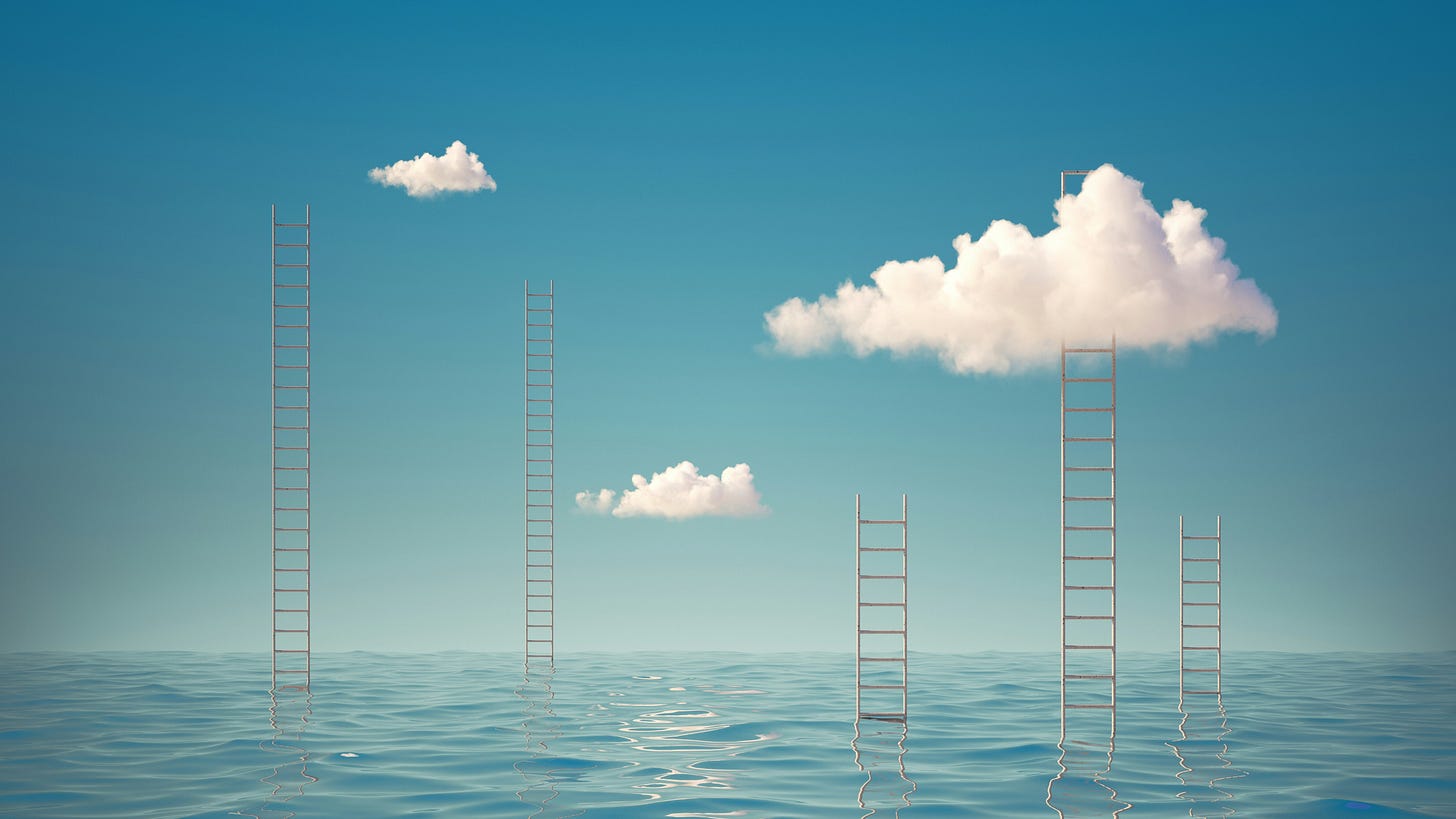
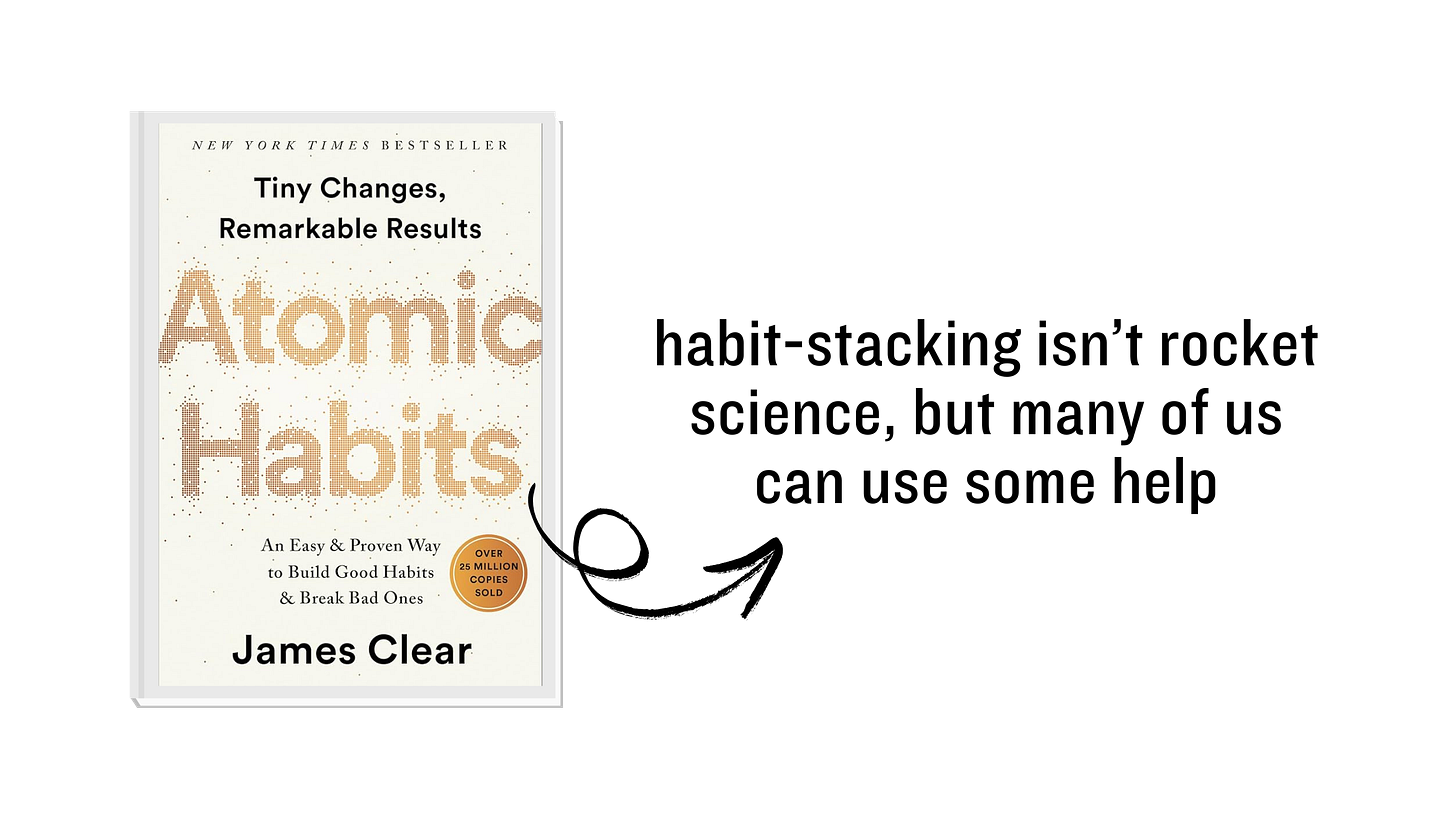
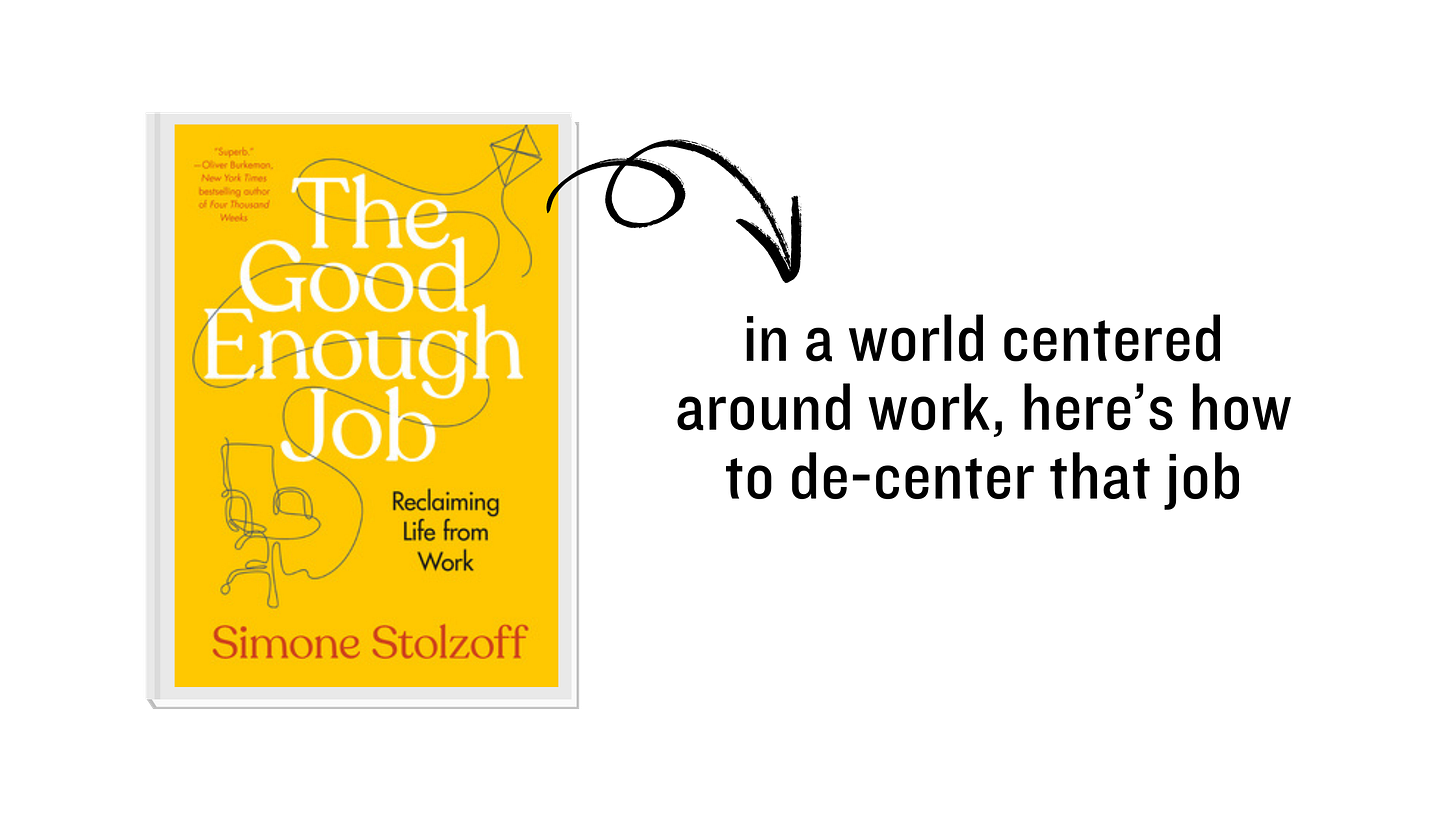
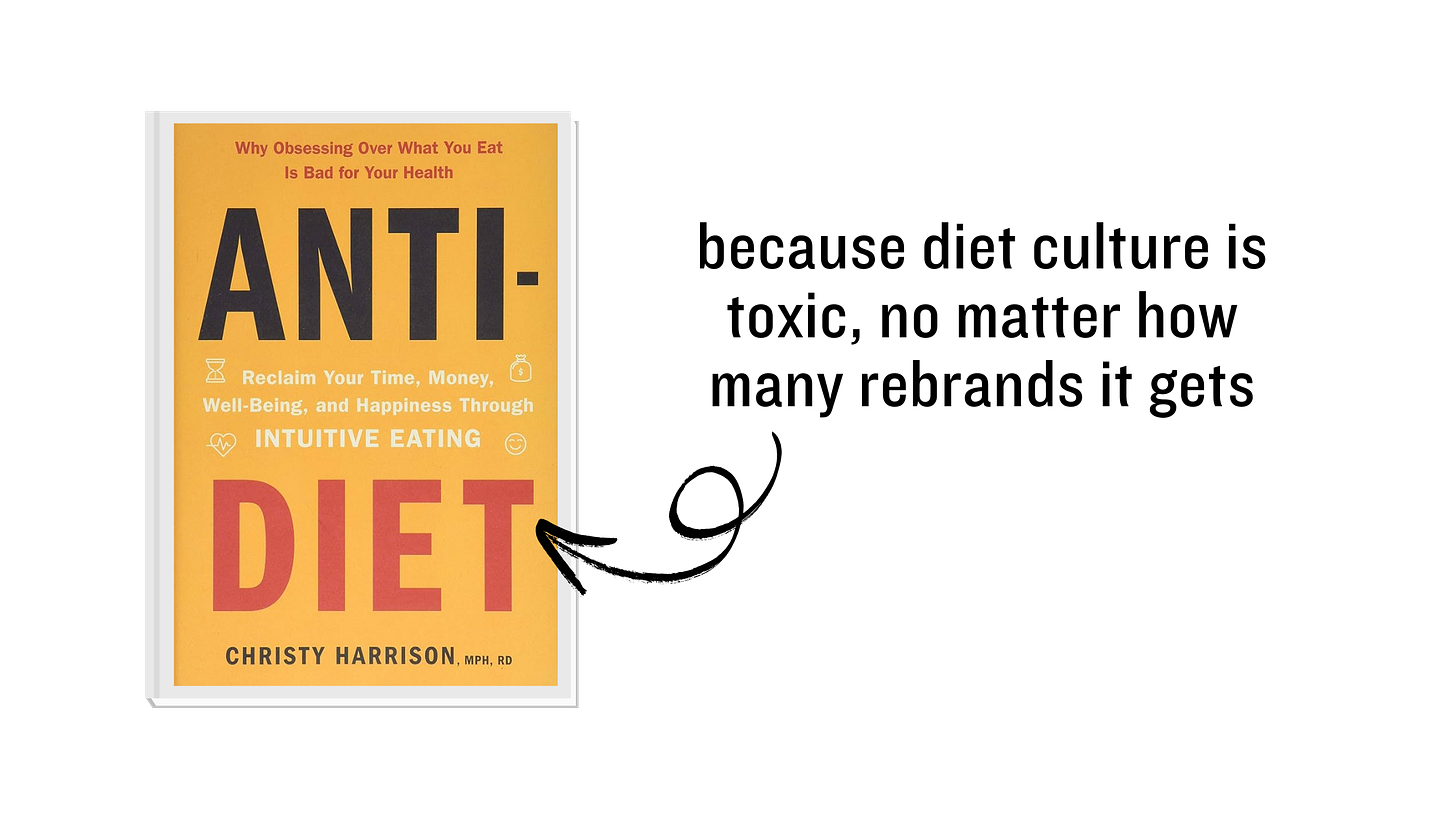
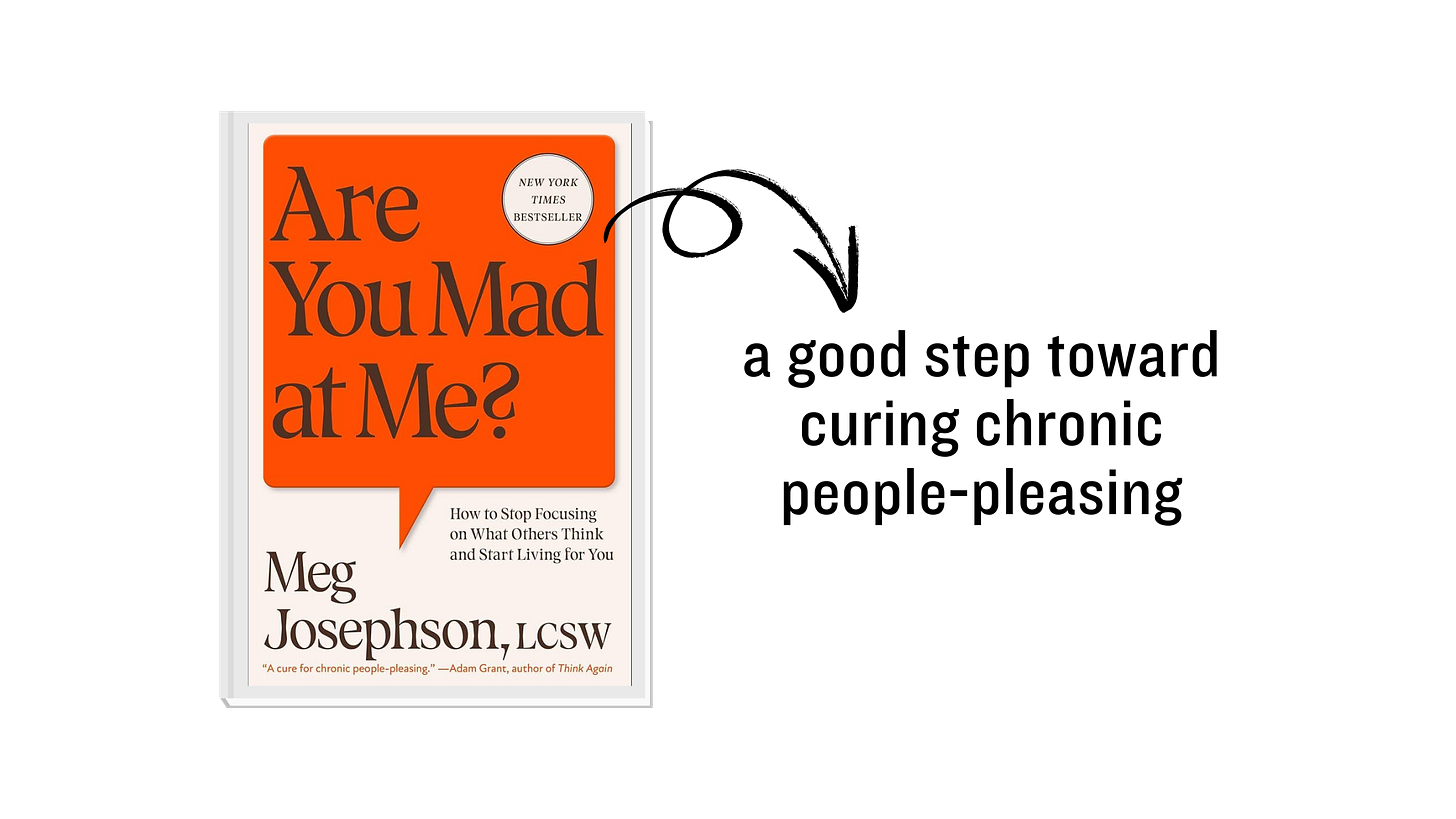
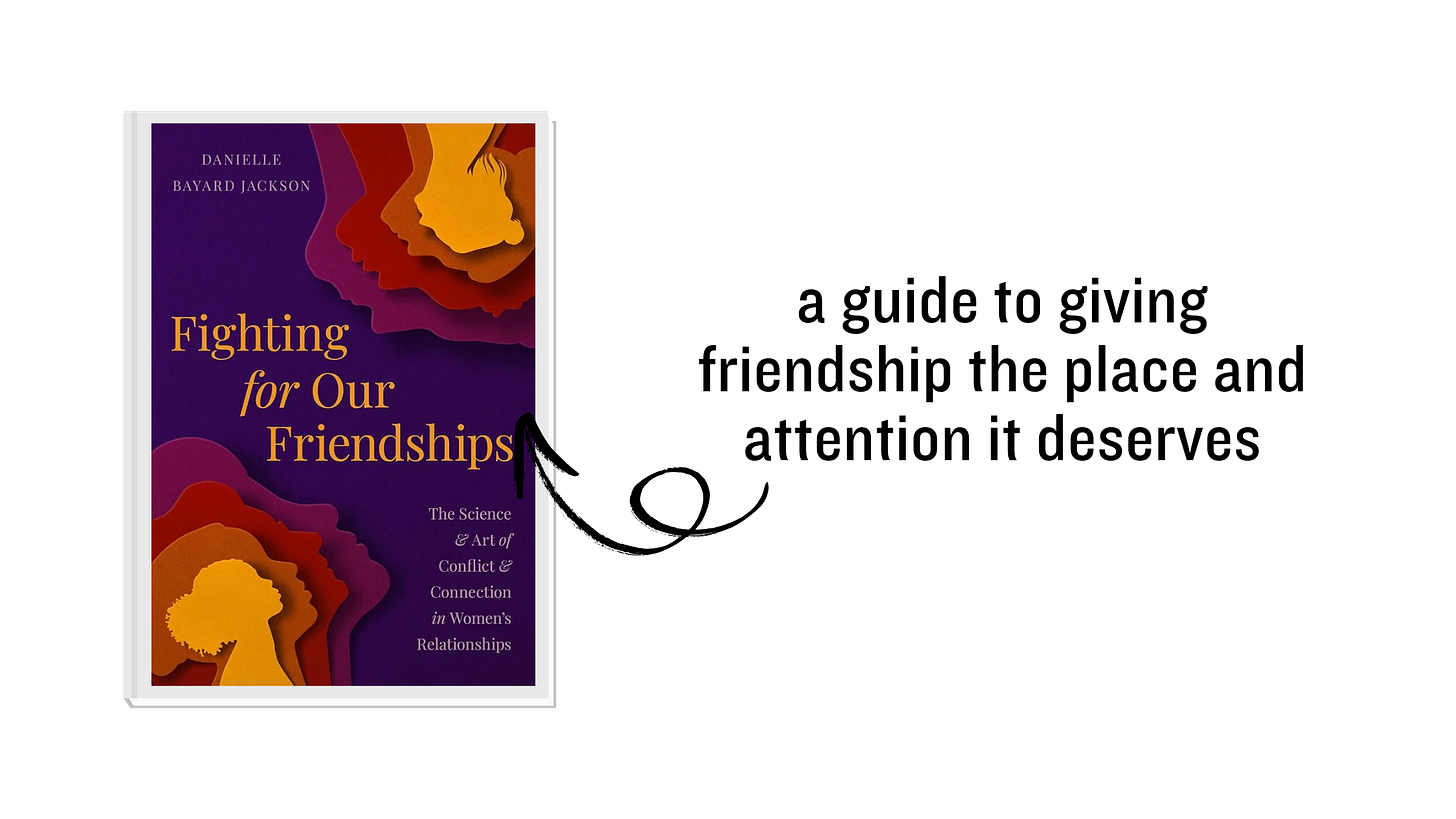
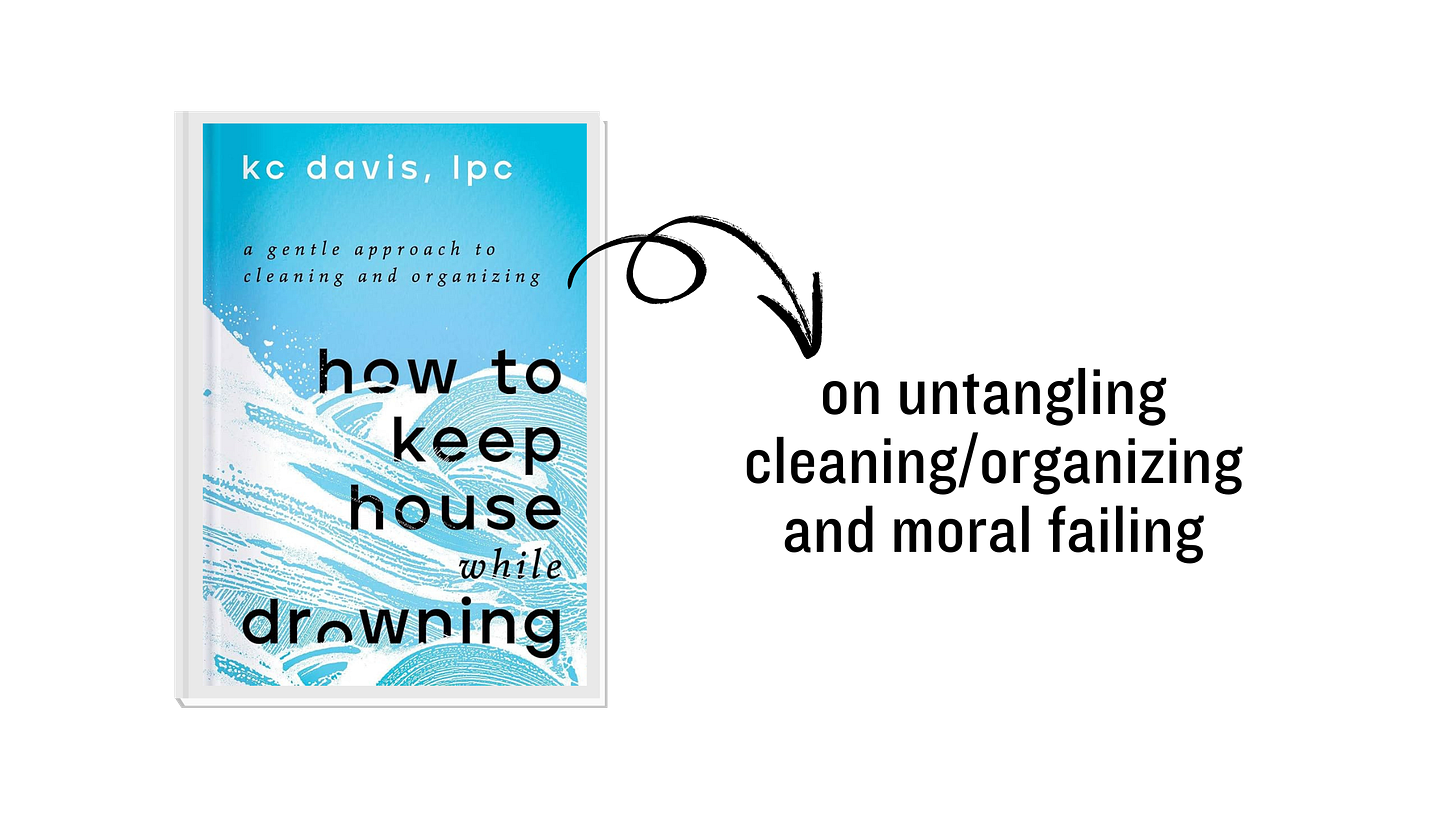
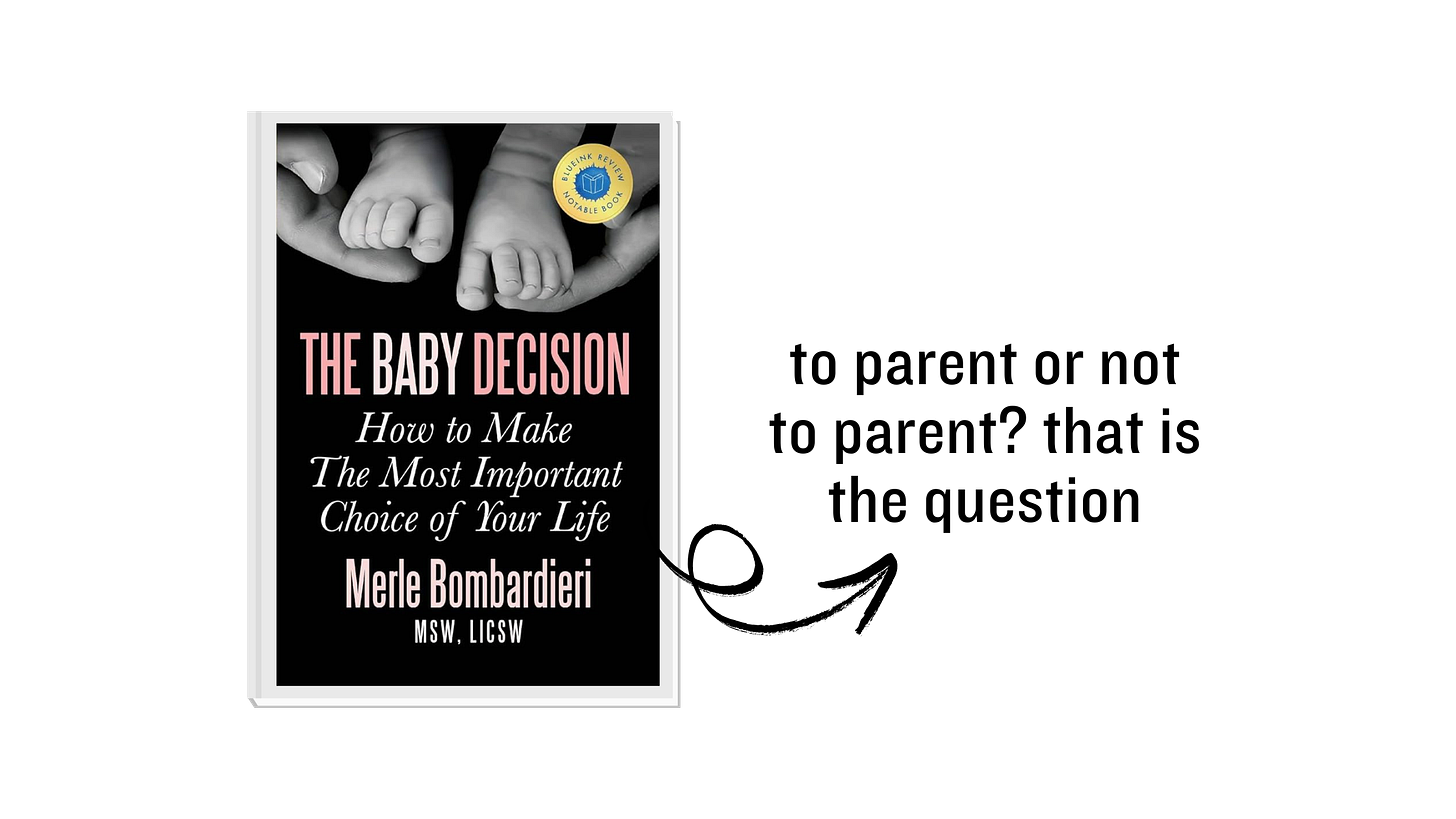
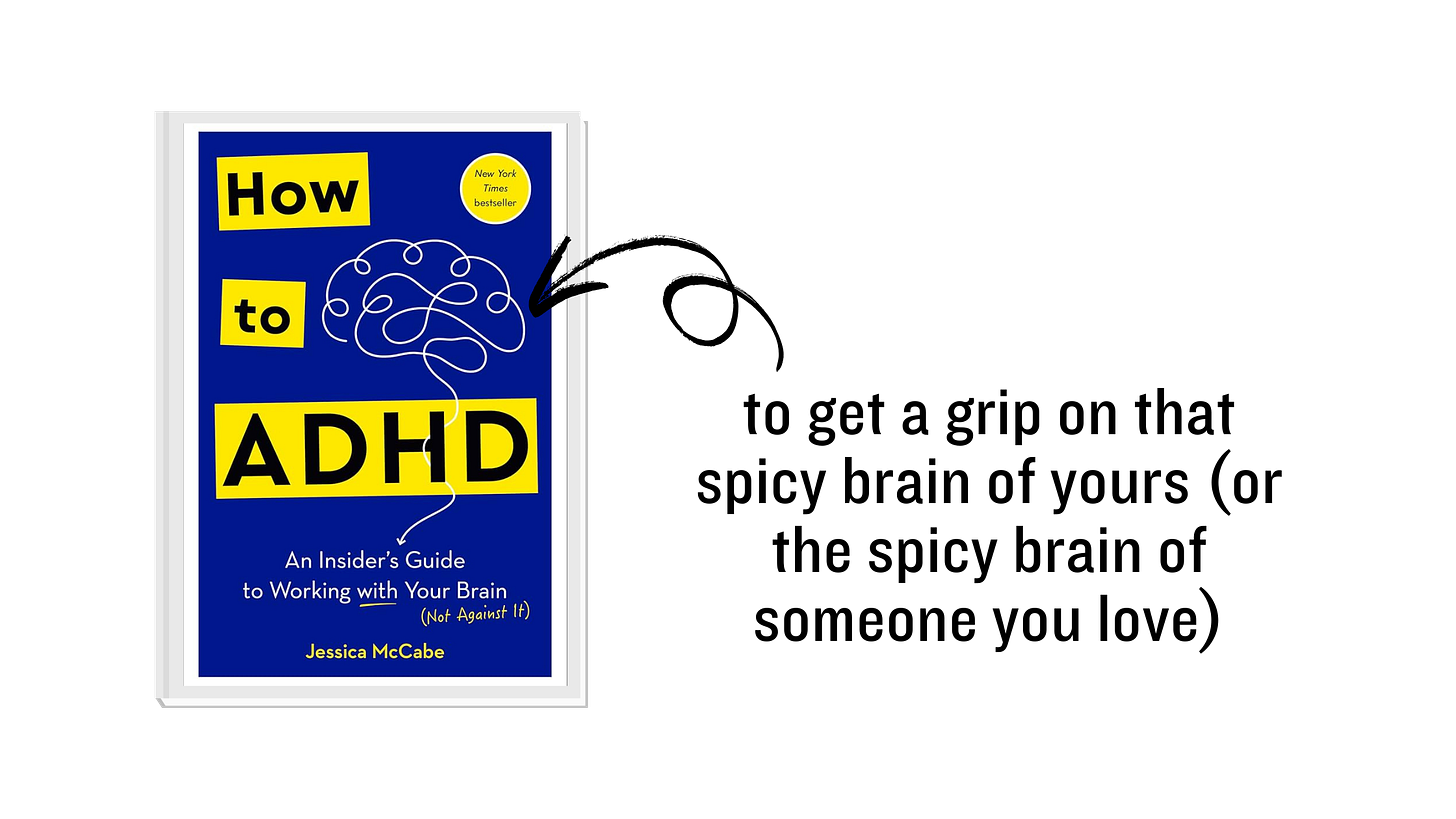

I couldn’t agree more, Shannon. Especially loved Atomic Habits and The Baby Decision — both stand out for being grounded rather than preachy.
I’m not a huge self-help reader myself, yet I somehow ended up writing one. 😅 I tried hard to avoid the usual traps of the genre — keeping it practical, structured, and centered on real stories of people who’ve reinvented themselves (without the “you can do it!” tone).
Anyway, happy to be given a chance — and who knows, maybe one day I’ll earn a spot on your list. 🌿
It’s like you read my mind! I’ve been thinking about doing a post with self-help recommendations soon! And funny, because that genre is typically not a go-to for me either, but I’ve read quite a few in recent years and have been surprised by some truly impactful ones. The only book from your list that I’ve read is How to Keep House While Drowning. Curious about Are You Mad at Me? and Fighting for Our Friendships!